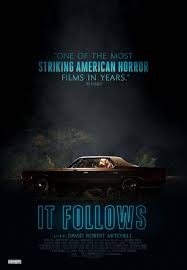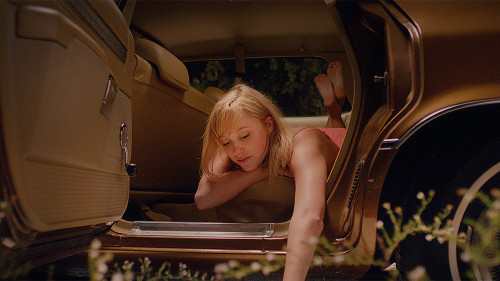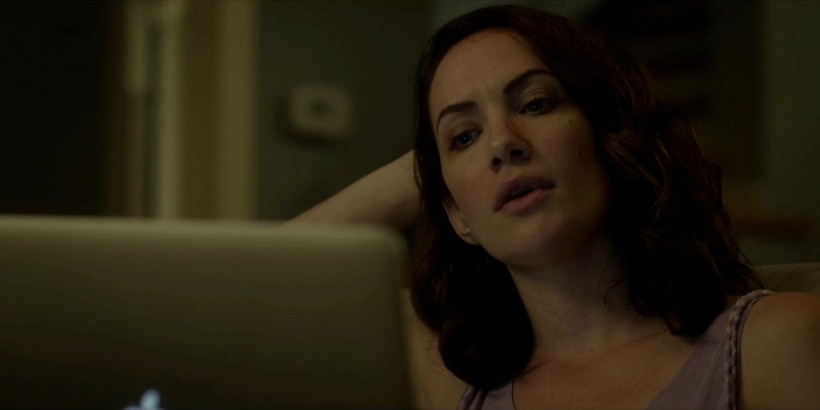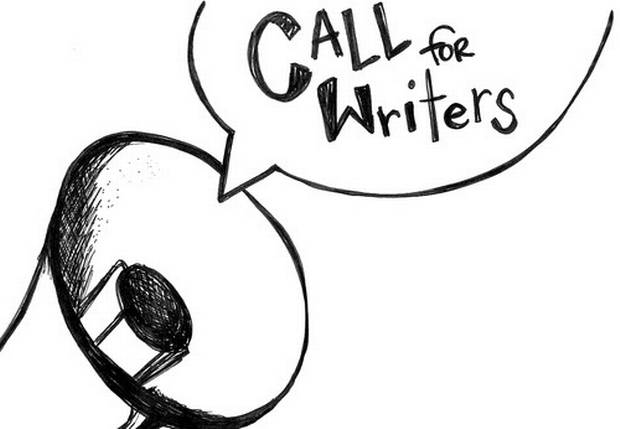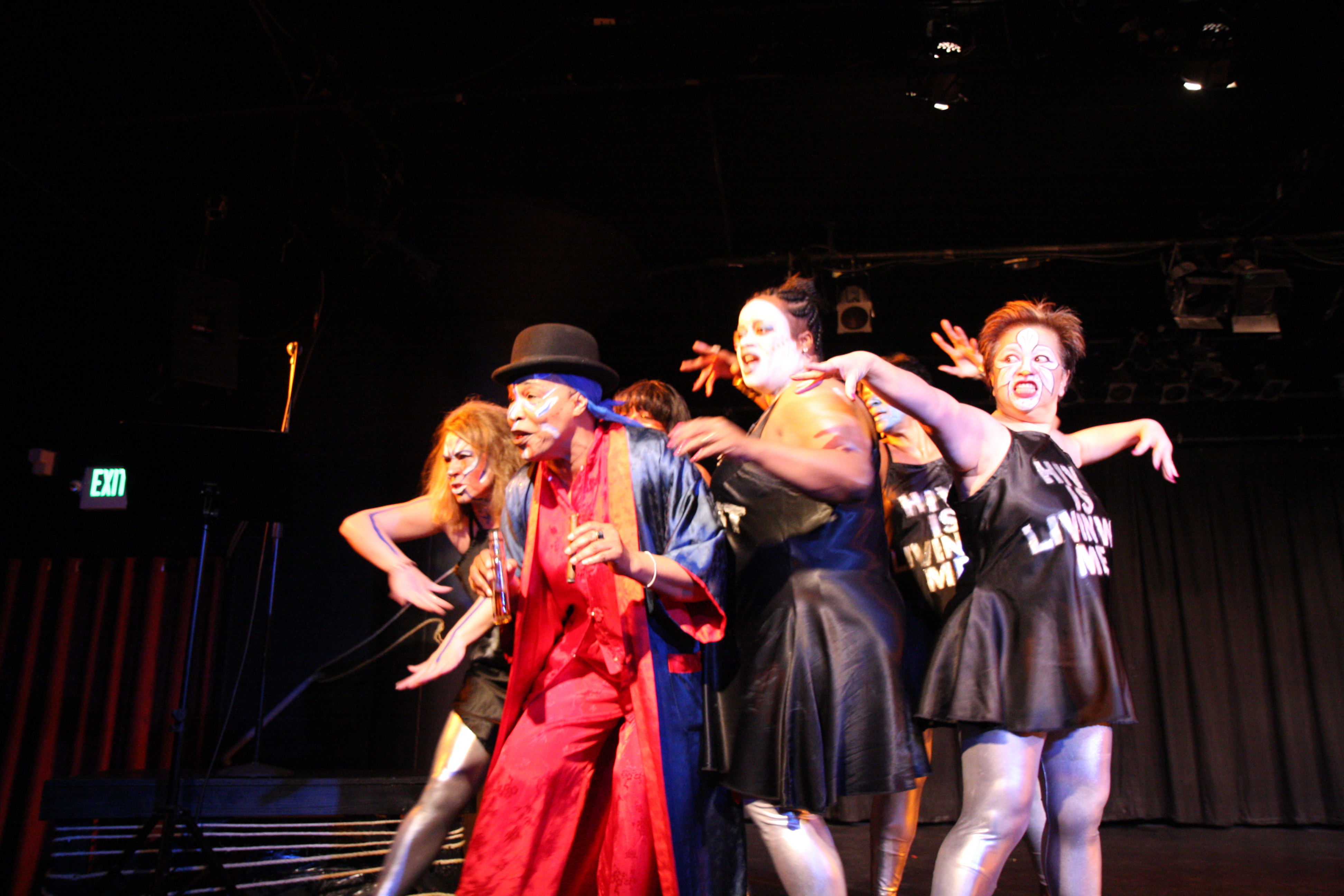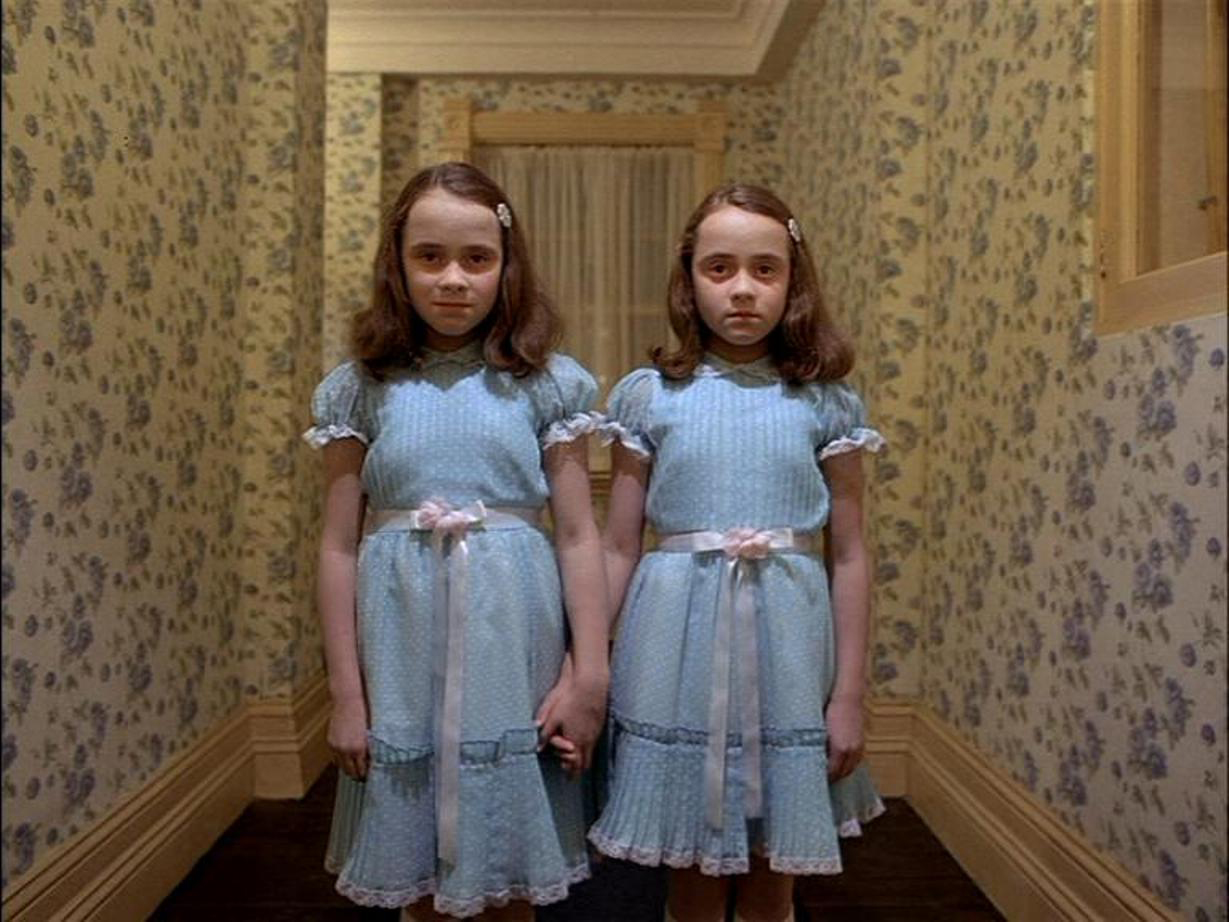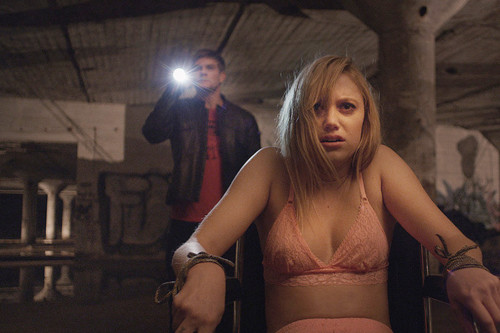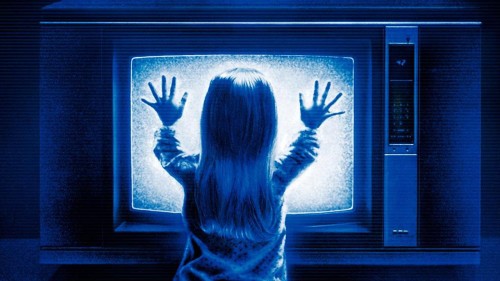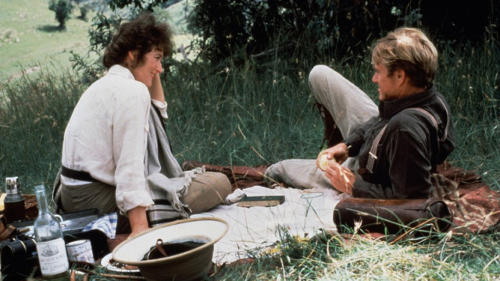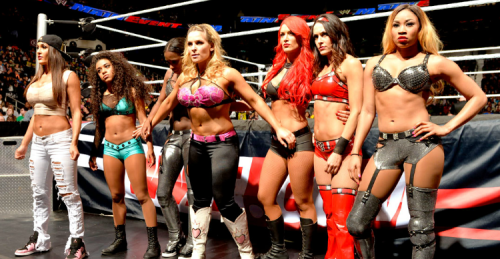‘It Follows’: More Dread Than Bloody Red
It’s not the best horror movie I’ve seen, but it’s a decent flick that can be added to the pantheon of solid fares to check out this year. Many of my horror comrades hated it or were disappointed, but I encourage everyone to see it just for the masterful use of dread instead of the usual one-note slasher or gore-riddled bloodfests that are passed off as great horror cinema. The genre I love is more concerned with spectacle rather than genuine fear.
